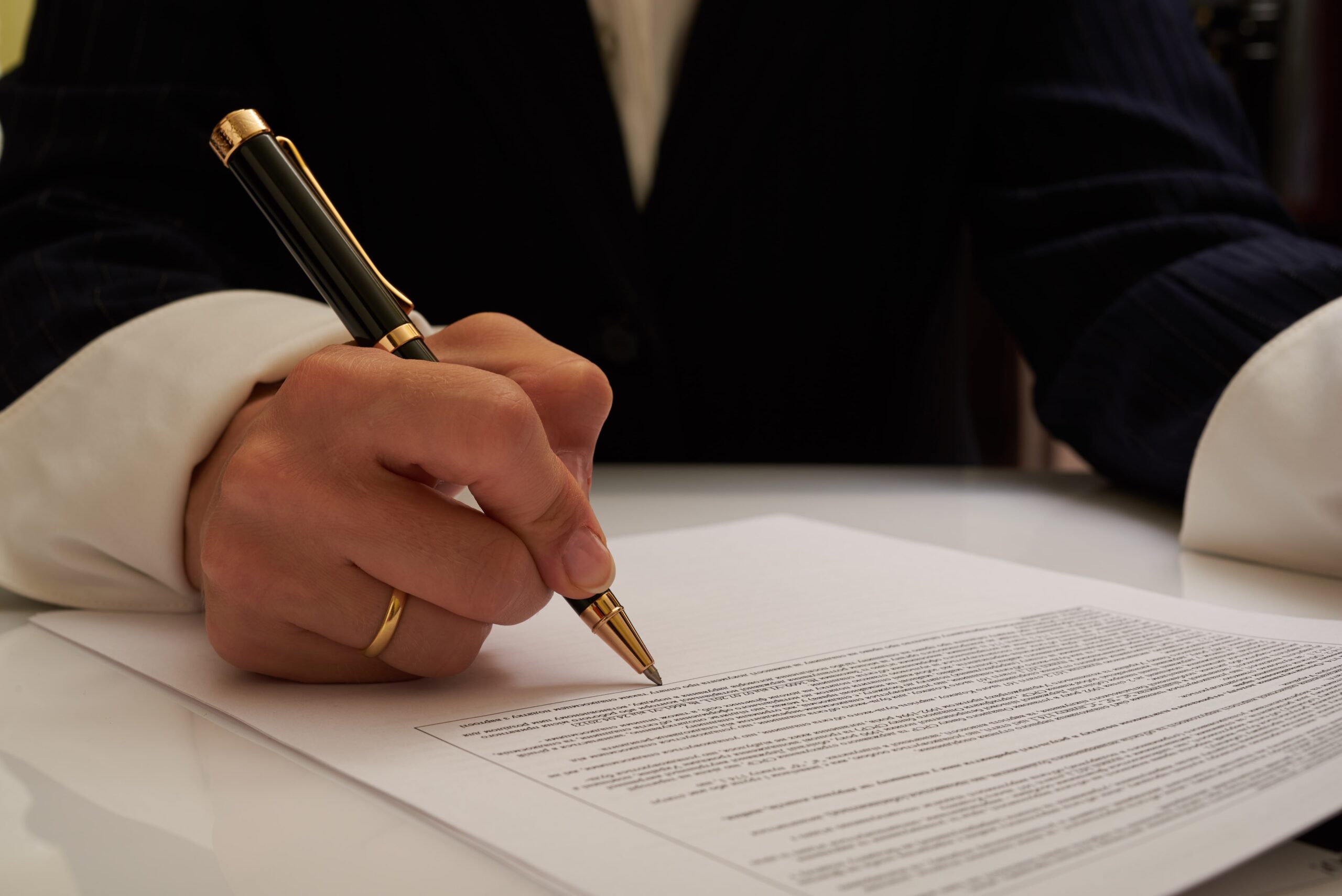
Corporate misconduct is a serious concern in the business world. It can take many forms, including financial fraud, corruption, environmental violations, and other unethical or illegal activities. Whistleblowers play a crucial role in exposing such misconduct, but the process doesn’t end with their revelations. Investigating corporate misconduct is the next step in the pursuit of justice, accountability, and corporate integrity.
Whistleblowers And Their Role
Before delving into the investigative process, it’s important to recognize the significance of whistleblowers. Whistleblowers are employees or insiders who come forward with information about wrongdoing within their organizations. They act as the initial catalysts for exposing corporate misconduct. Their disclosures can lead to investigations that uncover and rectify such misconduct.
Gathering Evidence
The investigative process often starts with the collection of evidence. This may involve interviews with whistleblowers and other employees, as well as the review of documents, financial records, emails, and any other relevant data. The goal is to assemble a comprehensive body of evidence to substantiate the whistleblower’s claims.
Internal Vs. External Investigations
Corporations have the option to conduct internal investigations when misconduct allegations surface. However, such investigations can be perceived as biased if they are not impartial. Many whistleblowers and organizations opt for external investigations, often led by independent third-party experts or law enforcement agencies, to ensure objectivity and fairness.
Protecting Whistleblowers
During an investigation, it’s crucial to protect the identities and rights of whistleblowers. Whistleblower protection laws exist to shield individuals from retaliation for their disclosures. This protection encourages employees to come forward without fear of adverse consequences.
Analyzing Compliance With Laws And Regulations
An essential aspect of corporate misconduct investigations is evaluating whether the company’s actions comply with relevant laws and regulations. Misconduct often involves violations of financial laws, antitrust regulations, environmental laws, and more. Investigators must determine the extent of these violations and their consequences.
Interviewing Witnesses
Witness interviews are a fundamental part of the investigative process. Witnesses may include current or former employees, customers, suppliers, or any other individuals with relevant information. Their testimonies can shed light on the misconduct and its underlying causes.
Assessing Corporate Culture
A critical element in corporate misconduct investigations is the examination of the corporate culture. Investigators must determine whether the company’s culture fostered or tolerated misconduct. An unhealthy corporate culture can be a contributing factor to wrongdoing within an organization.
Reporting And Remediation
Upon completing the investigation, a comprehensive report is typically generated. The report summarizes the findings, identifies the responsible parties, and recommends remedial actions. These actions may include disciplinary measures, legal proceedings, policy changes, or restitution to victims.
Investigating corporate misconduct is an essential step in holding organizations accountable for their actions. It aims to unearth the truth, rectify wrongdoing, and promote transparency and integrity in the corporate world. Whistleblowers and investigators play a pivotal role in this process, helping to ensure that corporate misconduct is exposed and addressed, ultimately leading to a more just and ethical business environment.
If you’re facing a complex legal situation, calling a Washington, DC whistleblower lawyer
from Eric Siegel Law is a wise decision. An attorney has the knowledge and experience to provide expert legal advice and represent you in legal matters.
